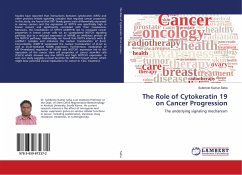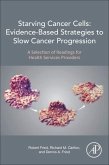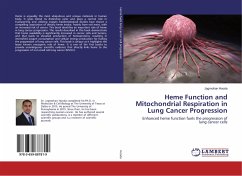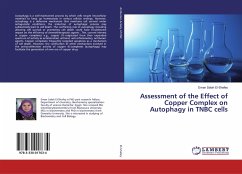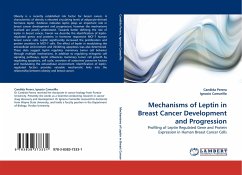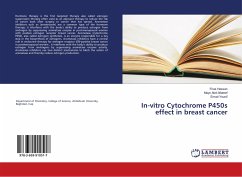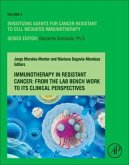Studies have reported that interactions between cytokeratins (KRTs) and other proteins initiate signaling cascades that regulate cancer properties. In this study, we found that KRT family genes were differentially expressed in various cancers and the expression of KRT19 was specifically high in breast cancers and significantly correlated with their invasiveness. Moreover, the knockdown of KRT19 (shKRT19) led to increased cancer properties in breast cancer cells via an upregulated NOTCH signaling pathway due to a reduced expression of NUMB, an inhibitory protein of the NOTCH pathway. Additionally, we found that KRT19 interacts with beta-cat/RAC1 complex and enhances the nuclear translocation of beta-cat. Concordantly, shKRT19 suppressed the nuclear translocation of beta-cat as well as beta-cat-mediated NUMB expression. Furthermore, modulation of KRT19-mediated regulation of NUMB and NOTCH1 expression led to the repression of the cancer stem cell properties of cancer stem-like cells (CSLCs) which showed very low KRT19 and high NOTCH1 expression. In sum, our study suggests a novel function for KRT19 in breast cancer, which might bear potential clinical implications for cancer or CSLC treatment.

